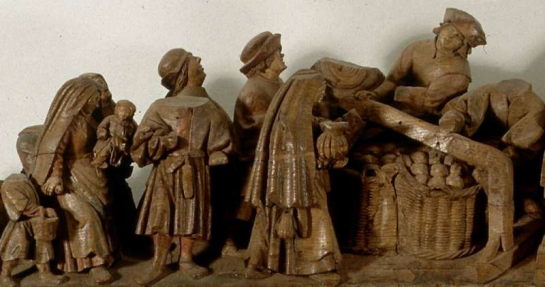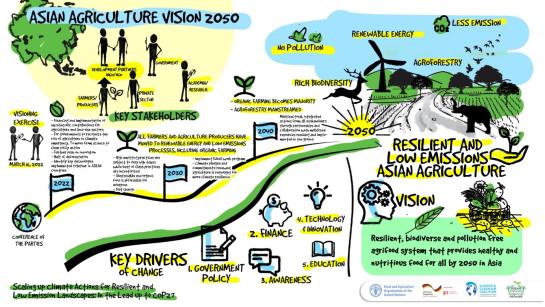Coping with food crises in premodern towns
Food shortages due to harvest failure, trade disturbances or both were a frequent occurrence in many parts of premodern Europe. From the late Middle Ages until the rise of modern states in the nineteenth century, relief was mainly organized by town governments and civic organizations at the local level: guilds, poor relief organizations, fraternities, hospitals. Separately and jointly, they tried to mitigate the consequences of soaring prices of basic food stuffs by a combination of interventions, varying from market regulation to the purchase of emergency supplies and the distribution of relief to the needy. The nature and intensity of these interventions varied, both between regions and in time. This talk offers an overview of the measures taken to mitigate the impact of food shortages in premodern European towns. It also attempts to explain differences and similarities as well as some important developments over time, and to provide a tentative assessment of the impact on the vulnerability of the urban population to food shortages.

s-hertogenbosch-geefhuis-detail
Learning from the futures; Foresight for Agri-food system transformations in Asia and Pacific
Dr. Rathana Peou Norbert-Munns
Climate Change is projected to impact human and natural systems, with differential consequences across regions, economic sectors, and time. The magnitude and extent of future impacts depends not only on the dynamics of the earth system but on socio-economic developments and current resilience of systems. Among the most important of them the food systems responsible of the third of the global anthropogenic GHG emissions while being considered at extreme risks to climate change.
Rapid urbanization and middle-class growth — resulting in changing diets — have put increased pressure on food systems throughout Asia. Food demand is expected to increase anywhere between 59% to 98% by 2050. This will shape global agricultural markets in ways not seen before, and especially in Asia.
This talk will present an overview of Climate Foresight for Food System Transformation and recent works using foresight analysis to support climate actions and ambitions in the Asia and pacific region. The talk will also reflect on how different modelling tools with this approach increased robust decision making and allow specially policy makers to navigate on plausible futures marching towards the most need it and urgent transition to a low emission, resilient and sustainable agri-food systems.

